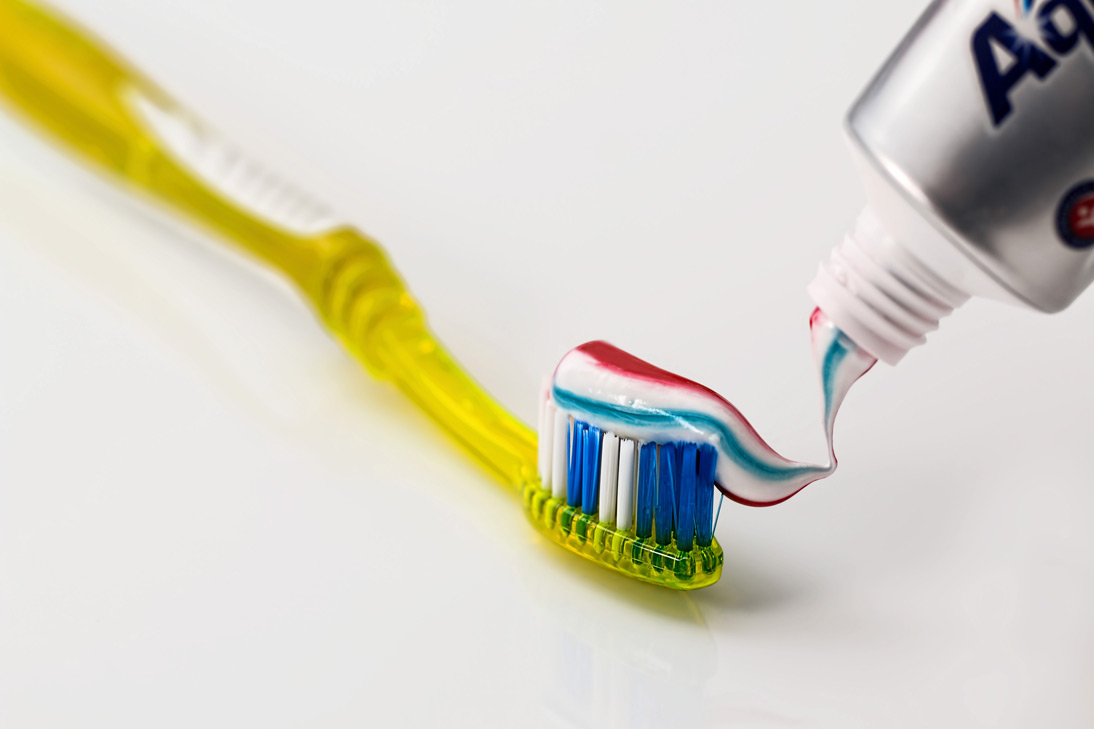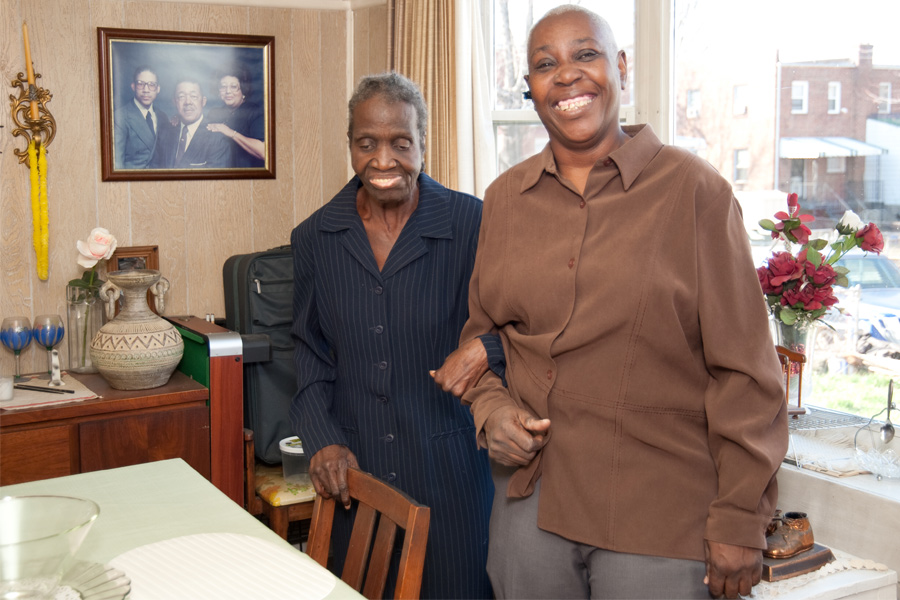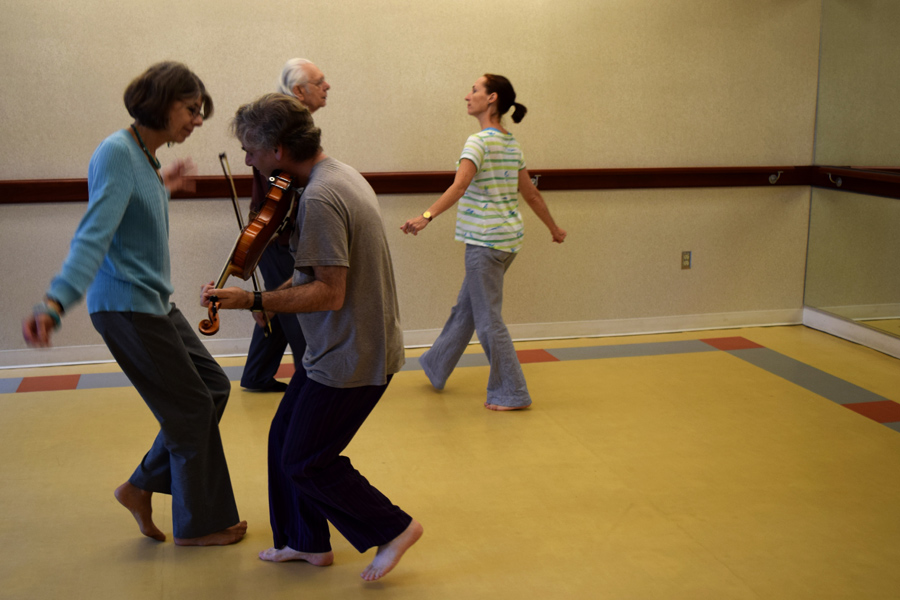What you need to know about aging and oral health

 If you’ve been regularly reading Iona’s blog, you might recall that I last wrote about oral care in long term care facilities (LTCF) and shared a guide for caregivers on how to help their loved ones take care of their teeth.
If you’ve been regularly reading Iona’s blog, you might recall that I last wrote about oral care in long term care facilities (LTCF) and shared a guide for caregivers on how to help their loved ones take care of their teeth.
October is “National Dental Hygiene Month” (yes, it’s true). So, I thought I’d share a new piece on understanding oral health as we age, and the relationship to something we don’t often think about: microorganisms.
Now, you might be thinking that microorganisms are way too complicated for you to understand. But, taking care of your health requires some basic understanding of microorganisms. We need them!
Humans have evolved to live with trillions of unseen bacteria and other microscopic organisms on and inside us. Among the many inter-relationships we have:
- They allow us to digest our food properly
- They can communicate with our immune system and other physiological systems
In health, our mouths have a thin biofilm (plaque) that coats every surface. That is good! By inhabiting this particular ecological niche, other microorganisms that could potentially cause bad diseases are kept from establishing a presence. The key is to keep the number of these
beneficial organisms from over growing. By brushing and flossing, we can maintain a balance.
If this balance is disturbed, however, disease-causing microbes can grow, causing inflammation. If these microbes enter the bloodstream, they can affect other parts of the body, such as our cardiovascular and respiratory systems.
As we age, a number of factors can alter this balance.
Biological Changes:
- We can begin to produce less saliva, and in addition, many of the medications we increasingly may need can cause dry mouth (xerostomia).
- Saliva has many important functions besides keeping our mouths comfortable. It maintains the proper balance of acid and base that affects cavity production and it flushes excess microbes and food off teeth and tissues. I have seen patients get an alarming number of cavities and oral infections just from a deficiency in saliva. It helps maintain the beneficial microorganisms that keep bad ones from growing. Disease causing bacteria can migrate from inflamed gum tissue into our blood vessels and organs, causing a host of ills.
Economic Changes:
- We retire. This can cause a loss of dental insurance, changing how we seek regular dental visits.
- With income no longer coming into our households, we may delay or skip dental visits.
- Medicare does not provide dental coverage except for a narrow set of circumstances
Functional changes:
- We can have diminished manual dexterity, making oral self-care difficult or ineffective.
- Our mental abilities may become impaired, affecting self-care.
These, and other changes that can confront us as we age, mean we need to be mindful that how we take care of ourselves, and others we care for, will need to reflect our physical condition. Our oral health has a real impact on our general health and sense of well being.
The District of Columbia Dental Society Foundation is working to educate the public and long term care facilities on improving the oral health of our aging population. More informative is available at info@dcdental.org
By Sal Selvaggio, DDS
Sal Selvaggio received his Doctor of Dental Surgery (DDS) degree from Georgetown University and completed a General Practice Residency at Providence Hospital in DC. He had a private practice in general dentistry for 36 years. He has been a volunteer dentist at Catholic Charities’ Spanish Catholic Center for 32 years and currently chairs a committee for the District of Columbia Dental Society Foundation exploring ways to improve the oral health of our aging population.
Related Articles

The Stories of Dementia in the District

A Couple’s Vows Create Opportunities to Age Well

Can You Imagine Taking Three Buses to Get to Iona?

